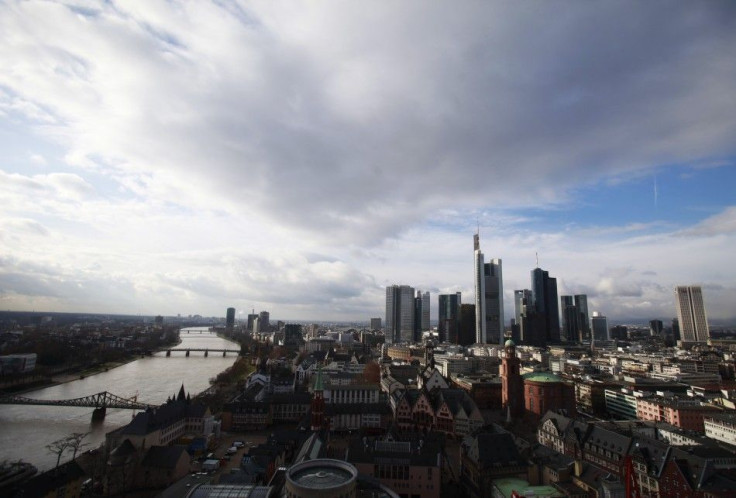German Jan. Industrial Output Beats Expectations

Germany's industrial output rose 1.6 percent in January, beating expectations through a jump in construction and manufacturing output and raising hopes Europe's largest economy will bypass a recession.
Most sectors increased, with manufacturing output up 1.4 percent, construction up 4.3 percent, capital goods output rising 3.5 percent and durable goods up 2.3 percent. The results fell somewhat in line with Berlin's expected growth of 0.7 percent, the nation's Economy Ministry said Thursday.
The ministry also revised December's data upward, to a 2.6 percent drop from 2.9 percent.
Economists had expected a 1 percent increase, according to the consensus forecast in a Reuters poll. The move is a swing from the previous month's decrease of 2.6 percent, but economists warned the positive news should not be misinterpreted.
January's rise in German industrial production reduces the immediate risk of recession, but does not change the underlying picture of a sharp slowdown in the sector, wrote Jennifer McKeown, an economist at Capital Economics in London, according to the Wall Street Journal.
February's rough wintry weather could put a damper on the rise in construction and send Germany into a recession, said Berenberg Economist Christian Schulz, according to the Wall Street Journal.
© Copyright IBTimes 2024. All rights reserved.











